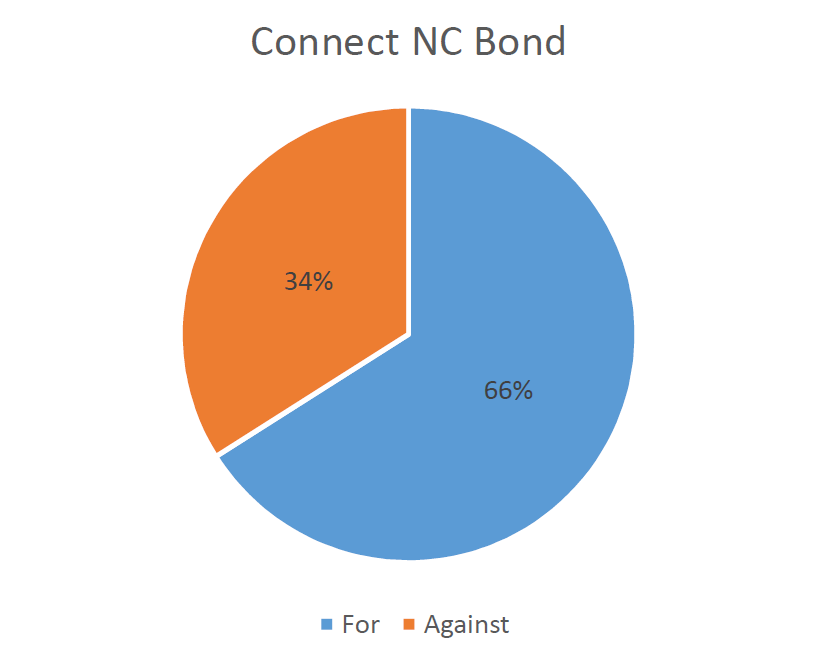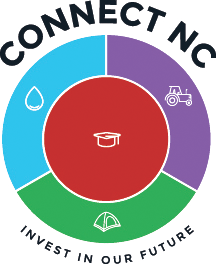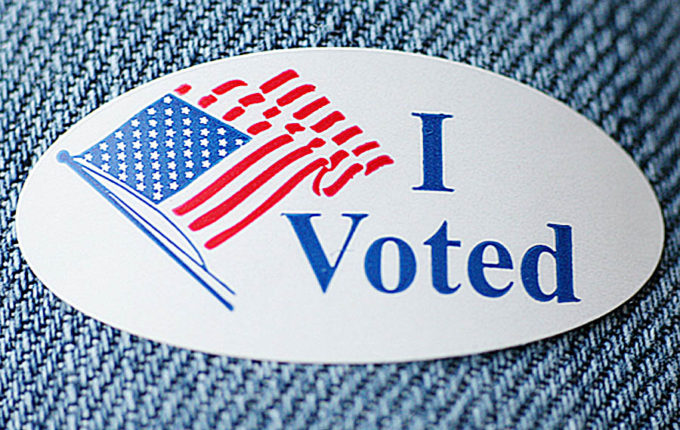June 7th. That’s next Tuesday. Mark it on your calendar. Circle it. Put it in your phone and set a reminder. That’s because next Tuesday, June 7th is the date of North Carolina’s Congressional primary election. (The ballot will also include a North Carolina Supreme Court Associate Justice race and possibly local races too.) You might be thinking, ‘but I already voted in a primary back in March’ and you’d be right. But without getting into the weeds too much, your vote in any Congressional race during the March primary hasn’t been counted and probably won’t ever be counted. The primary election on Tuesday, June 7th includes Congressional races again and this time your vote will be counted*, so it’s important that you go vote.
Unlike the NCAA basketball tournament, the first round of North Carolina elections—last week’s primary—didn’t result in big upsets or surprises. The council of state races held as projected and, for the most part, incumbents in the state house and senate will be moving on to their general elections or returning to Raleigh for the 2017 long session.
Today, instead of analyzing individual races across the state, we will focus on the Farm Bureau-supported Connect NC Bond results and discuss a few voting trends that continue to emerge in urban and rural areas. (If you’re interested in learning about those other races, we highly recommended you read the NC Free Enterprise Foundation’s post-primary briefing.)
 North Carolina voters last night passed the $2 billion Connect NC Bond that will strengthen food security and national security by making two investments in the future of North Carolina agriculture. NC Farm Bureau strongly supported the Connect NC Bond that provides $85 million for the Plant Sciences Initiative at NC State and $94 million for updating NC Department of Agriculture and Consumer Services (NCDA&CS) laboratories.
North Carolina voters last night passed the $2 billion Connect NC Bond that will strengthen food security and national security by making two investments in the future of North Carolina agriculture. NC Farm Bureau strongly supported the Connect NC Bond that provides $85 million for the Plant Sciences Initiative at NC State and $94 million for updating NC Department of Agriculture and Consumer Services (NCDA&CS) laboratories.
As the 2016 Primary nears, all eyes and ears will be on the races for president, governor, and Congress. There’s no doubt that the presidential primary has been a bit of roller coaster. But in these uncertain times, we urge all North Carolina voters to make your voice heard and get out to vote on March 15th.
Last week, we explained why the timing is right for the Connect NC bond. This week we want to talk about a couple of the projects included in the bond that are important for North Carolina agriculture.
Those projects are the Plant Science Initiative at NC State University and a new, co-located laboratory facility for the NC Department of Agriculture and Consumer Services (NCDA).
But first let’s take a moment to consider why the General Assembly included these agriculture-based projects in the bond package. Agriculture is our state’s number one industry, generating about $78 billion a year. Nearly one out of every five jobs is related to agriculture. Our state leaders know that a thriving agriculture economy means a thriving North Carolina economy.
And so they included these two major agriculture investments in the Connect NC bond.
 The Connect NC bond is coming to a ballot box near you on March 15th! That’s right, the $2 billion bond referendum will be on the ballot when you vote in North Carolina’s primary election. Some of you probably know a little bit about the bond, but many of you may not.
The Connect NC bond is coming to a ballot box near you on March 15th! That’s right, the $2 billion bond referendum will be on the ballot when you vote in North Carolina’s primary election. Some of you probably know a little bit about the bond, but many of you may not.
So what is the Connect NC bond, why do we need it, and how does it work?

